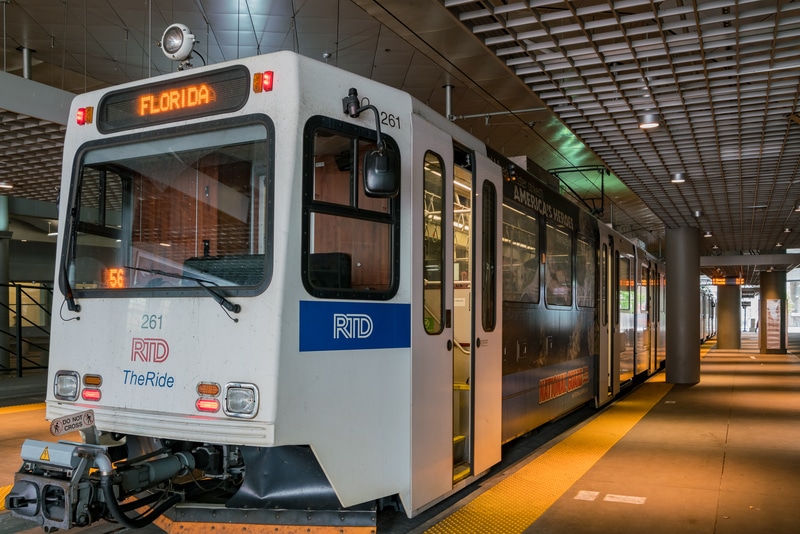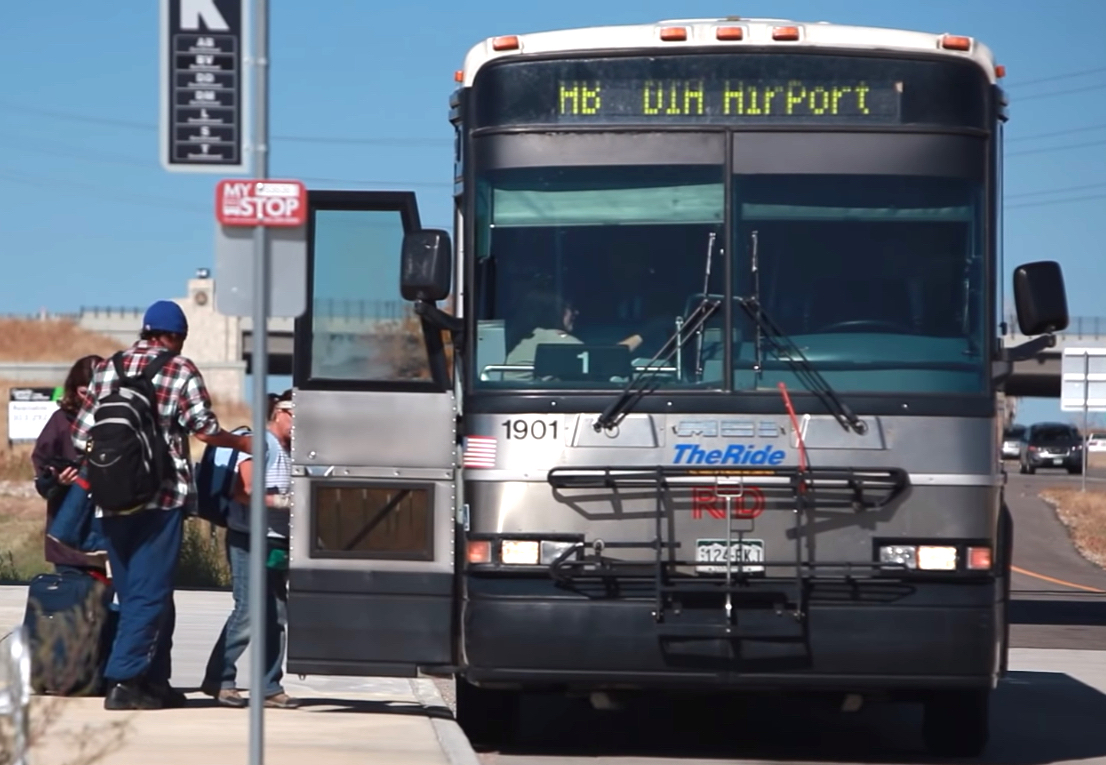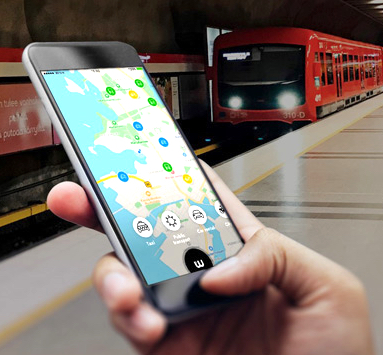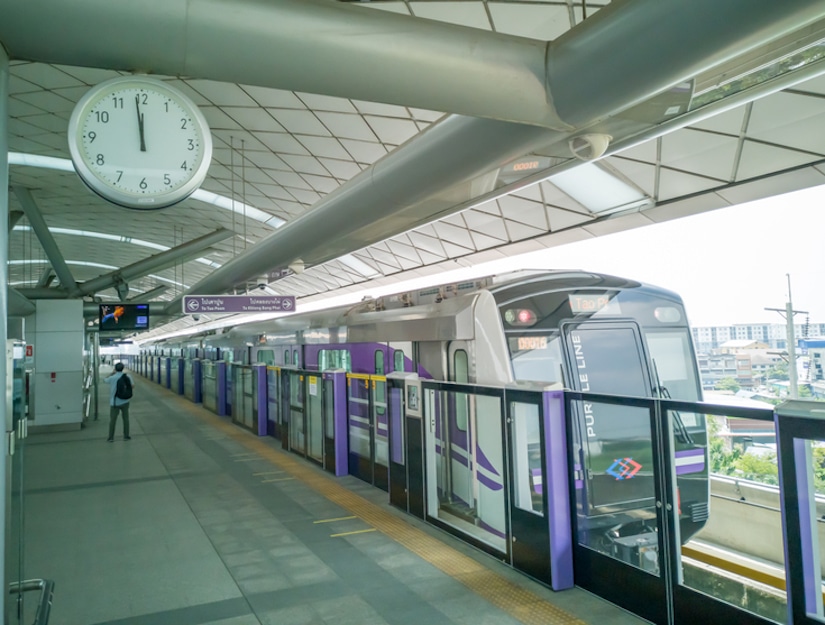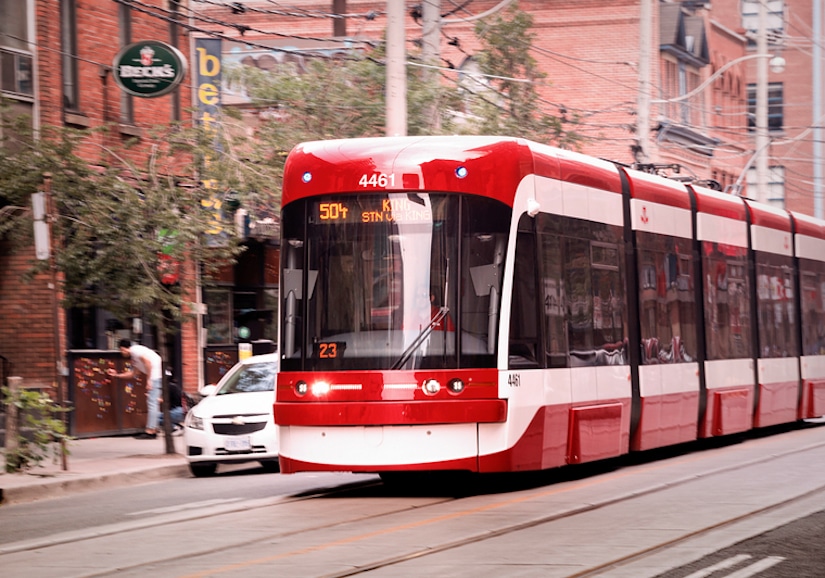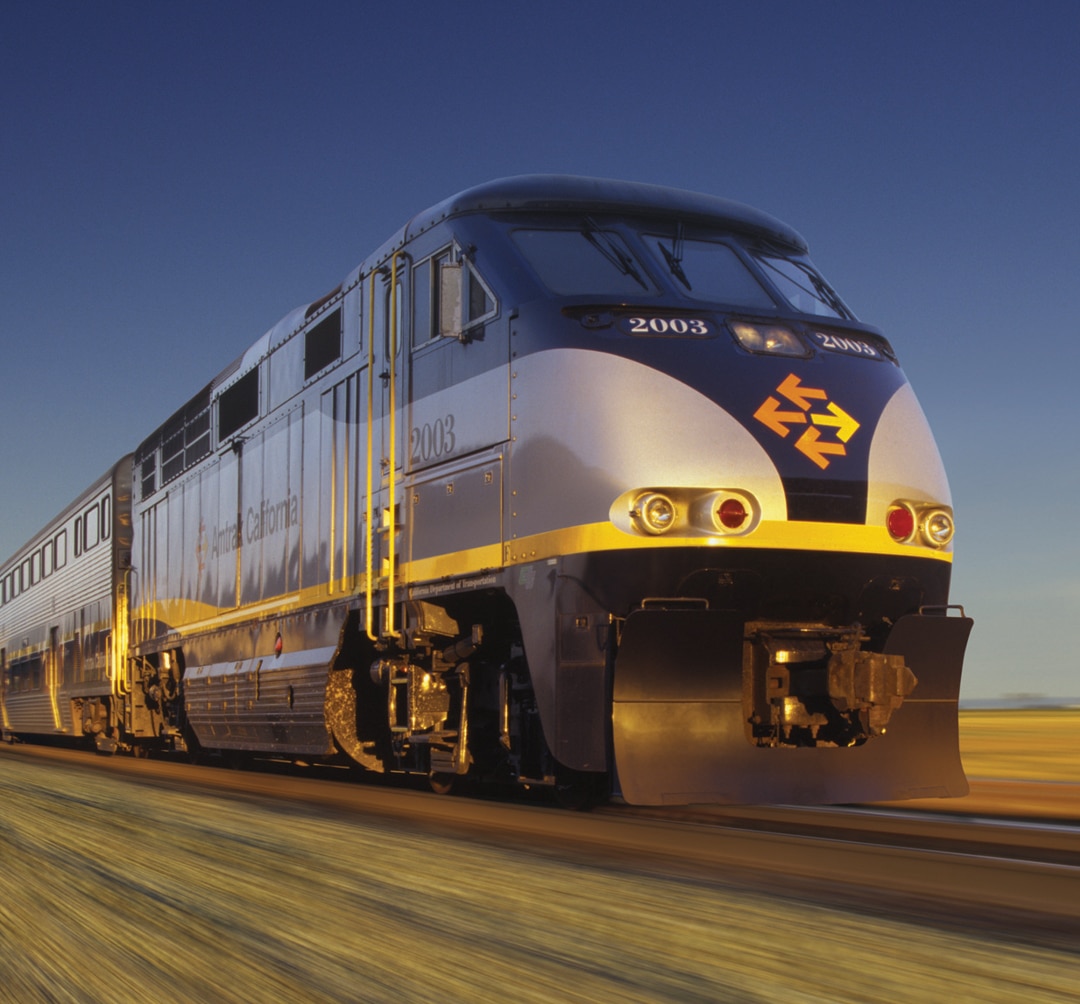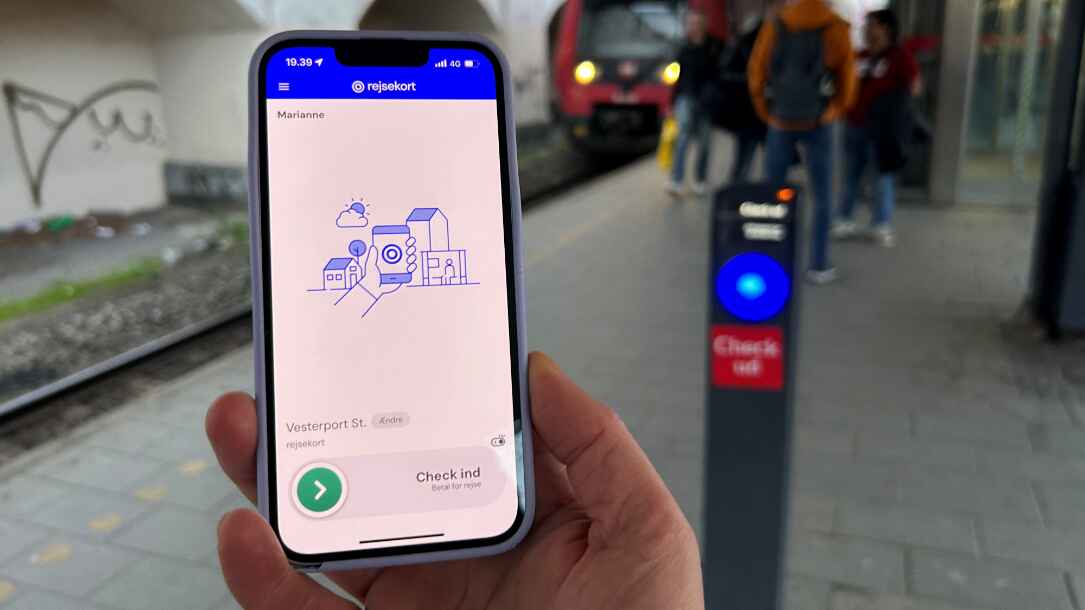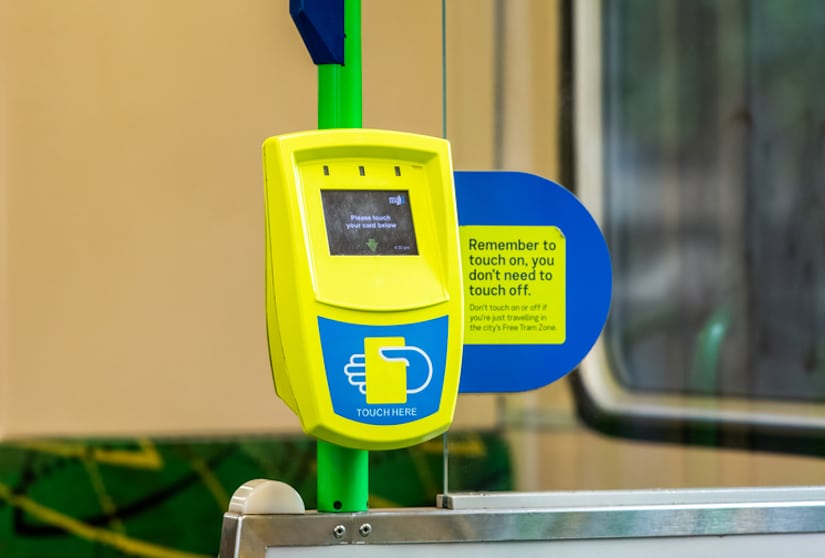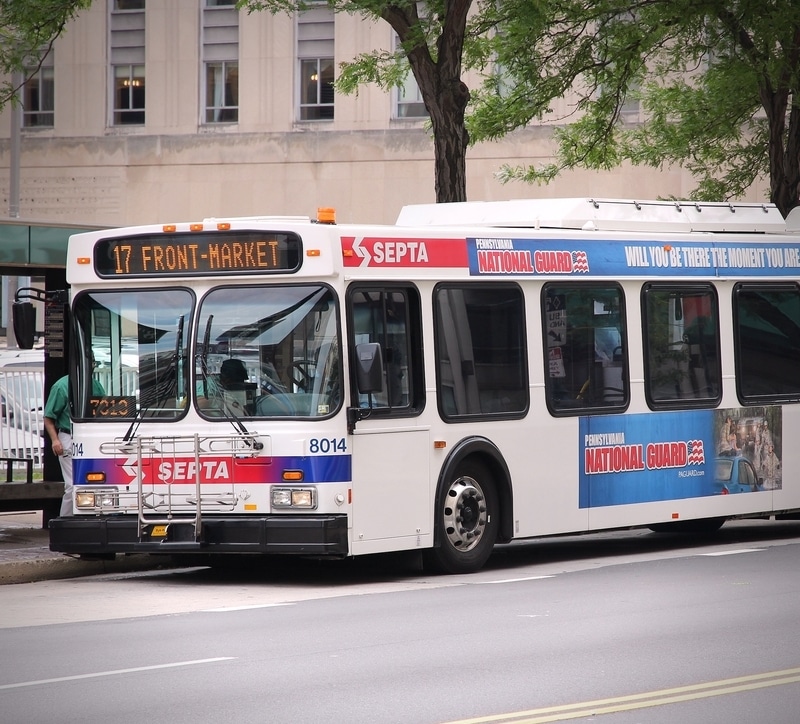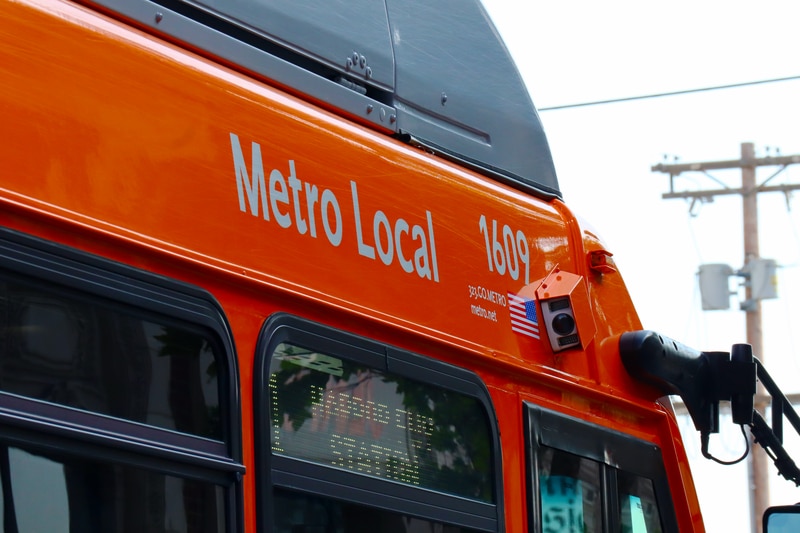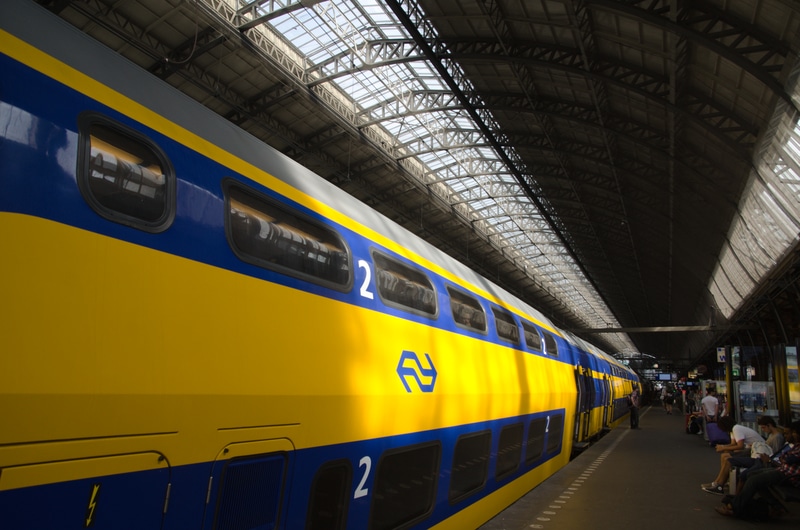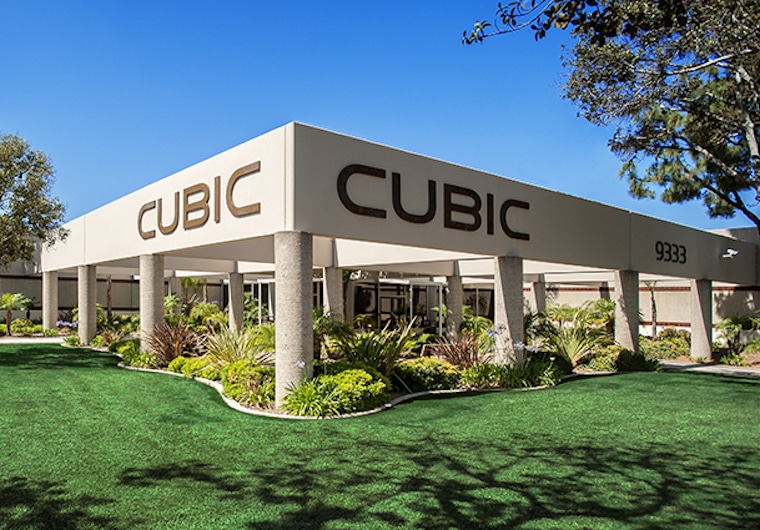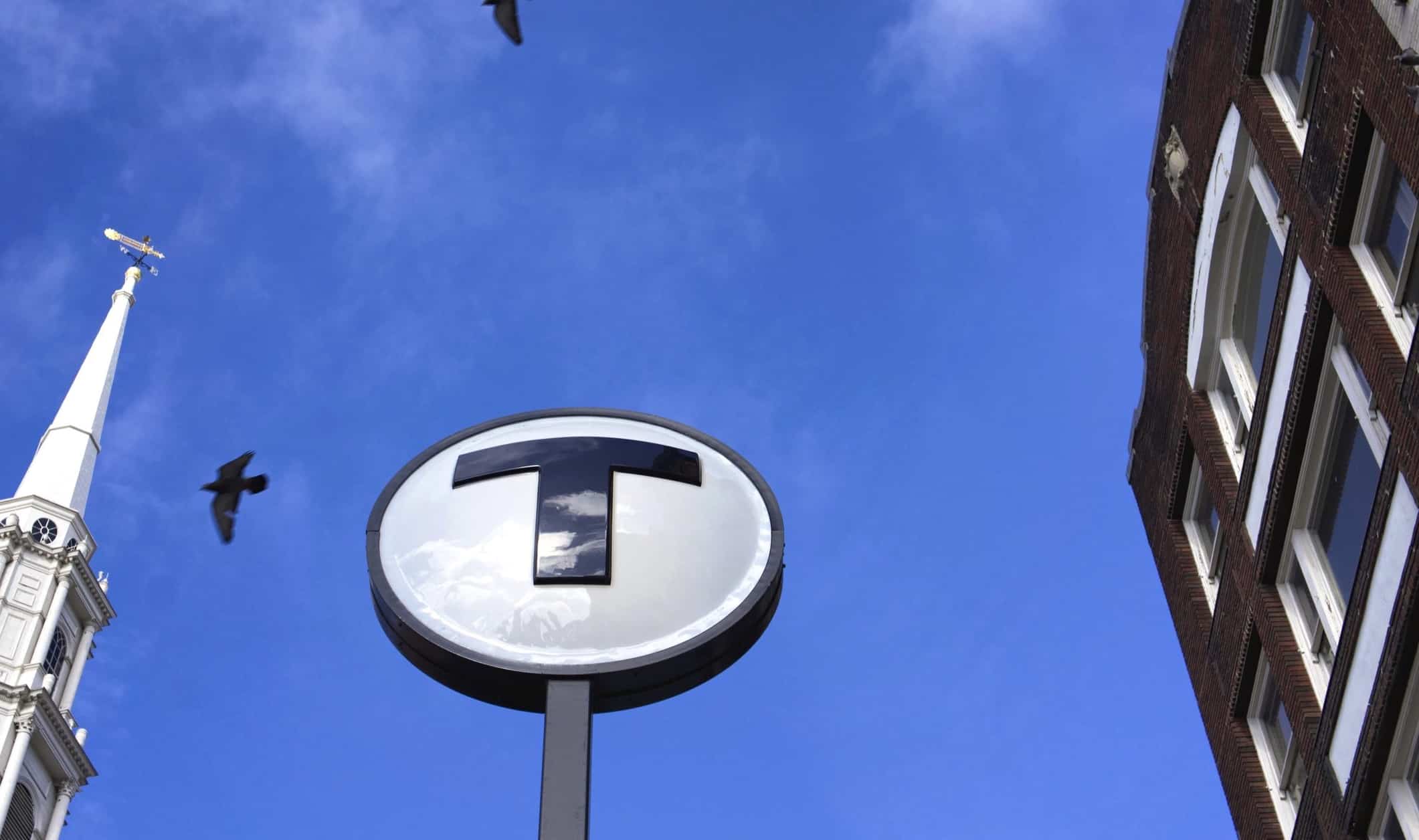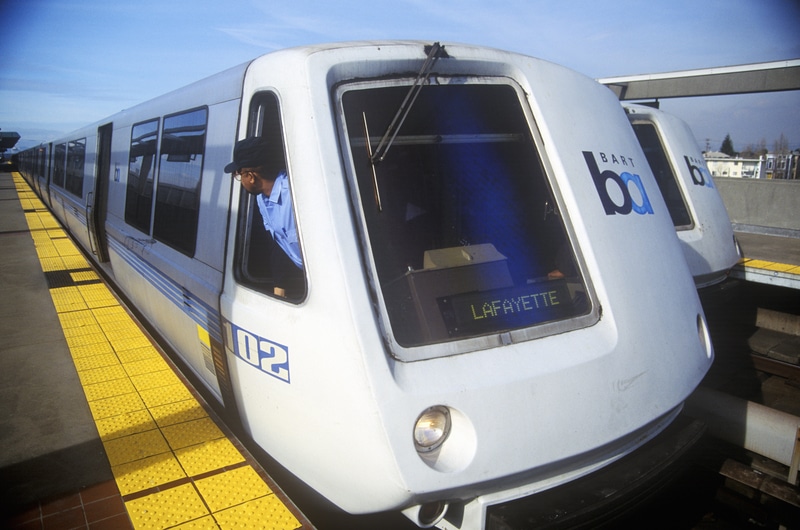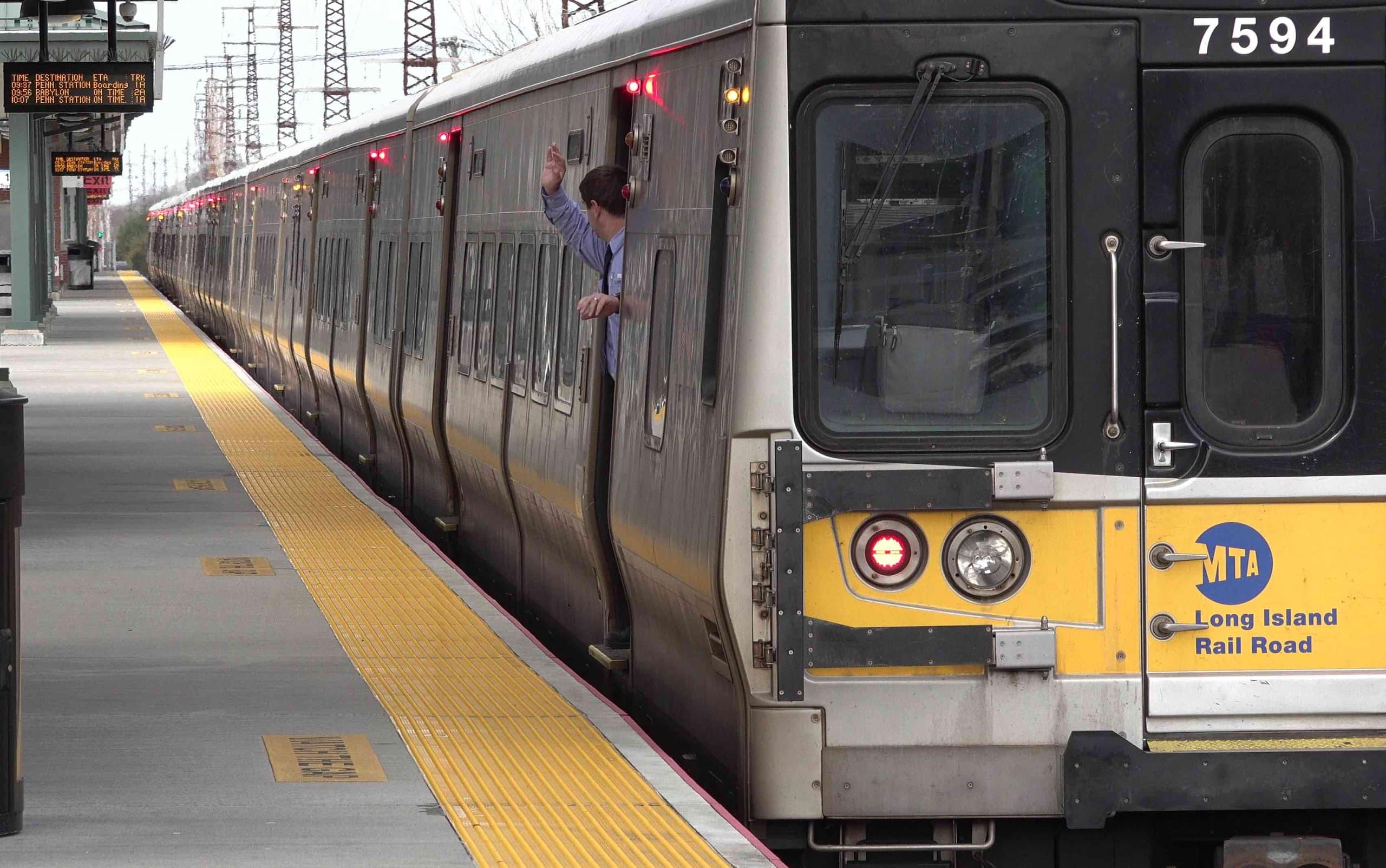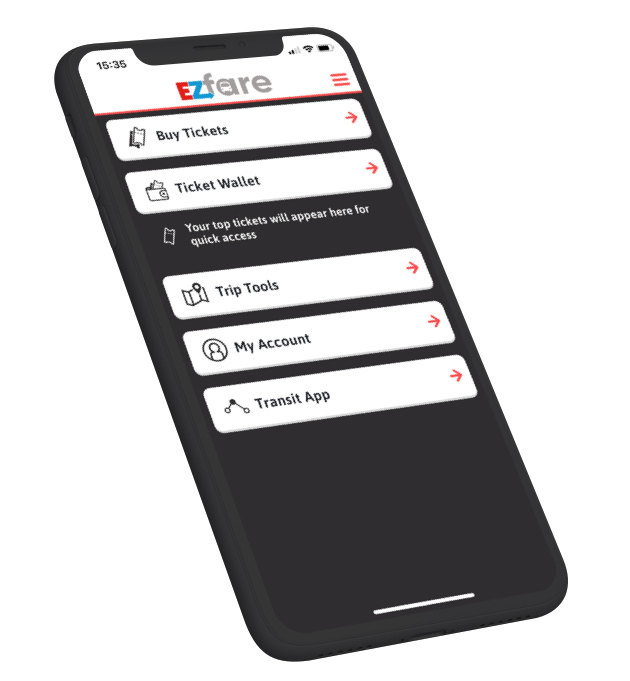
Article Highlights
The Uber app will be one of several ticketing and payments options for bus riders in such Ohio cities as Cincinnati and Akron and smaller cities and towns in the state and surrounding area that are part of the NEORide consortium. The group also sells its tickets through the Transit app and its own app.
There were a total of 68,300 EZfare tickets sold by NEORide in December (2019), when all or nearly all of the group’s 13 agencies were on board with the mobile-ticketing service. Just under 43,400 of those tickets were sold through the Transit app. Total mobile ticket sales increased by 20% to 82,000 the next month, January (2020), with 52,000 of those tickets sold through Transit.
• Uber
• Masabi
• NEORide
• RTD Denver
(This premium article was originally published in May 2020. © Mobility Payments and Forthwrite Media.) A consortium of 13 small and mid-tier transit agencies in Ohio and Northern Kentucky plans…







